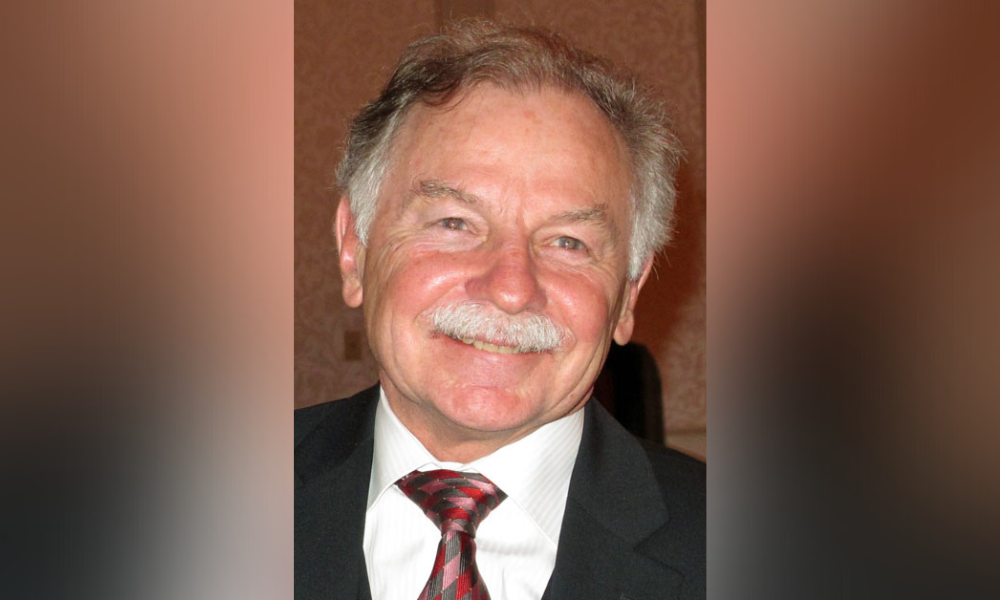Veteran lawyer says the 'horrible situation' unmasks a system that is 'not reliable'

A Law Society Tribunal has refused to allow Jeremy Diamond to withdraw his admissions of professional misconduct, despite rejecting a joint submission that the panel impose a reprimand as a penalty for his impugned activities.
“We conclude that an admission of professional misconduct that is voluntary, unequivocal and informed may not be withdrawn where a joint penalty submission is rejected,” the
panel stated.
But Bill Trudell of William Trudell, a highly-respected criminal lawyer and veteran of numerous disciplinary proceedings before the Law Society of Ontario, expresses concern about the process.
“Without commenting on the merits of the decision or throwing out legal principles, it’s very concerning that the system works in a way that amounts to a gamble for the parties. It’s not reliable. Why can’t we just tell people what’s going to happen by way of bringing transparency to and building trust in the process?”
Diamond’s admissions related to allegations that between 2013 and 2017, he improperly marketed personal injury legal services that he did not provide, failing to properly disclose that his firm, Diamond & Diamond Lawyers LLP, had referred thousands of clients to other lawyers who compensated the firm for the referrals.
Diamond also admitted that the firm’s marketing did not “genuinely reflect” the quality of its services or performance generally.
He made the admissions in the context of a joint submission that a reprimand was an appropriate penalty. But when the parties presented the submission to the panel, panel chair Malcolm Mercer characterized it as a “slap on the wrist” and opined that a harsher punishment was appropriate.
That left Diamond in a situation where he might face a suspension, restrictions on his and his firm’s practice, or even disbarment.
So Diamond applied to withdraw his admission, but the tribunal refused.
As the panel saw it, Diamond’s admissions were not “voluntary or equivocal” despite his reliance on the advice of his lawyer, Brian Greenspan, one of Canada’s top criminal lawyers, that he had never had a joint submission rejected by a judge or tribunal and that he believed that a reprimand would be accepted based on the prosecutor’s experience and the fact that the LSO’s director of litigation services and the executive director of professional regulation had vetted the agreement.
Greenspan testified that it was “inconceivable that the joint penalty would be rejected.” Three other members of Diamond’s legal team testified that they advised Diamond that rejection was “unlikely,” that there was no “realistic likelihood of rejection,” and that they “did not see rejection as possible.”
Diamond told that panel, “I was never aware, and I did not contemplate that a potential penalty could exceed a reprimand here.” Greenspan argued that Diamond, therefore, did not have “a subjective understanding or appreciation that anything other than a reprimand could have been a consequence of the admissions . . . and there was no appreciation of what really are considered the collateral consequences.”
However, Diamond also testified that he understood that rejection was “legally possible, but a remote possibility.”
The panel ultimately concluded that “the information provided to Mr. Diamond was that the hearing panel legally could reject the joint submission, but was unlikely, in his lawyers’ opinions, to do so.” This situation was “not a case of lack of required information but rather a case in which a hearing panel reached a different conclusion than was anticipated by Mr. Diamond based on the advice of his lawyers.”
Greenspan has publicly stated that Diamond will appeal any penalty beyond a reprimand.
For his part, Trudell says the process has created a “horrible” situation.
“I have great deal of sympathy for Mr. Diamond, the superb lawyers involved in this case, and the panel who took a big jump by rejecting a joint submission made by first-class lawyers.”
He adds that “an epidemic of gambling” appears to have infused society.
“It’s very concerning that gambling should also be a feature of the justice system because I don’t think it benefits anyone that parties and lawyers who make joint submissions have to cross their fingers about how a court or tribunal will go.”
According to Trudell, the system should embrace a discussion between the judge and the parties in chambers regarding the proposal.
“If the judge, who should disclose the process in open court, agrees with the proposal, that should be the end of the uncertainty. Because no matter how long you’ve been practising, you get knots in your stomach when you put forward a joint submission under the present system, and that shouldn’t be the case.”










